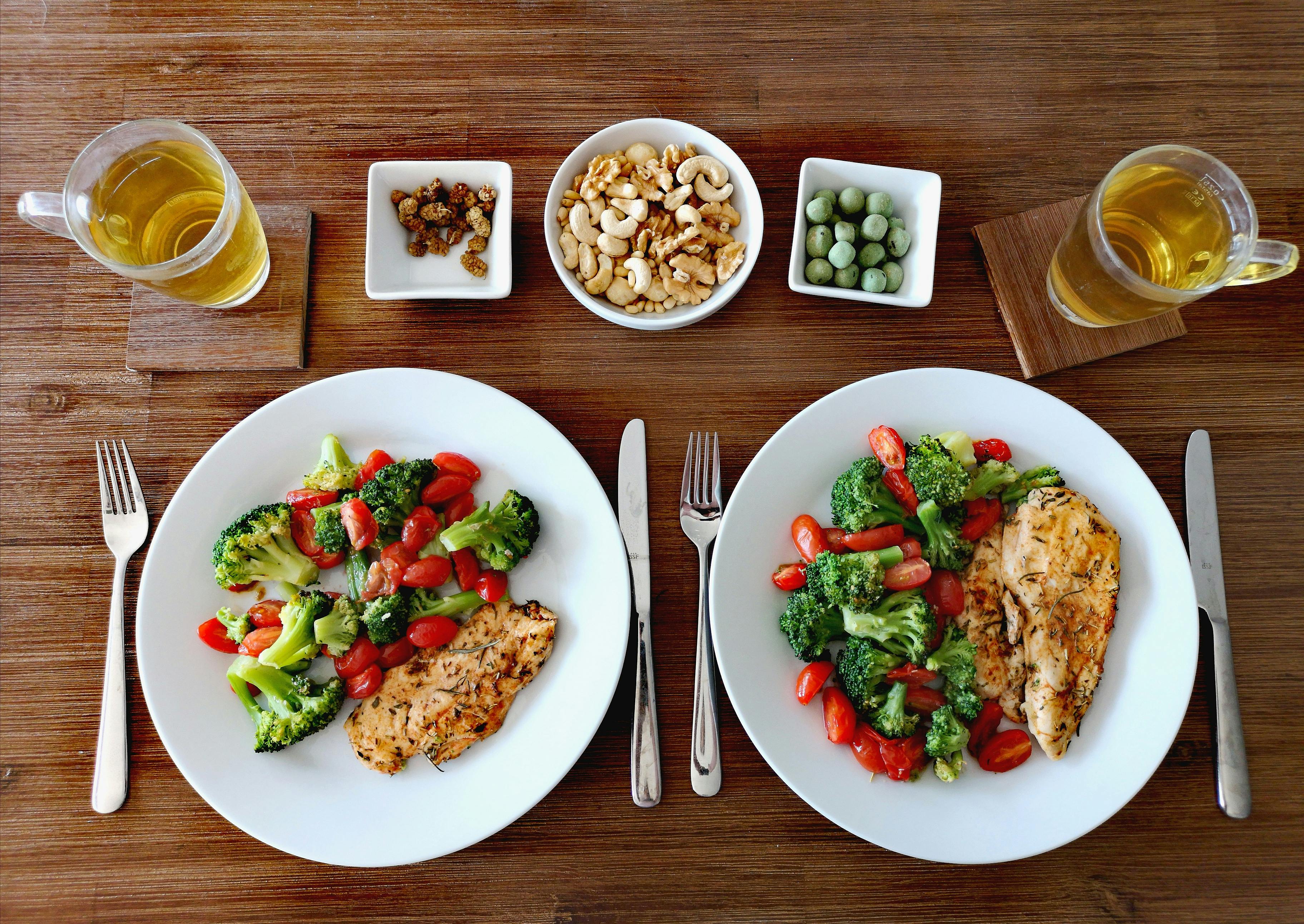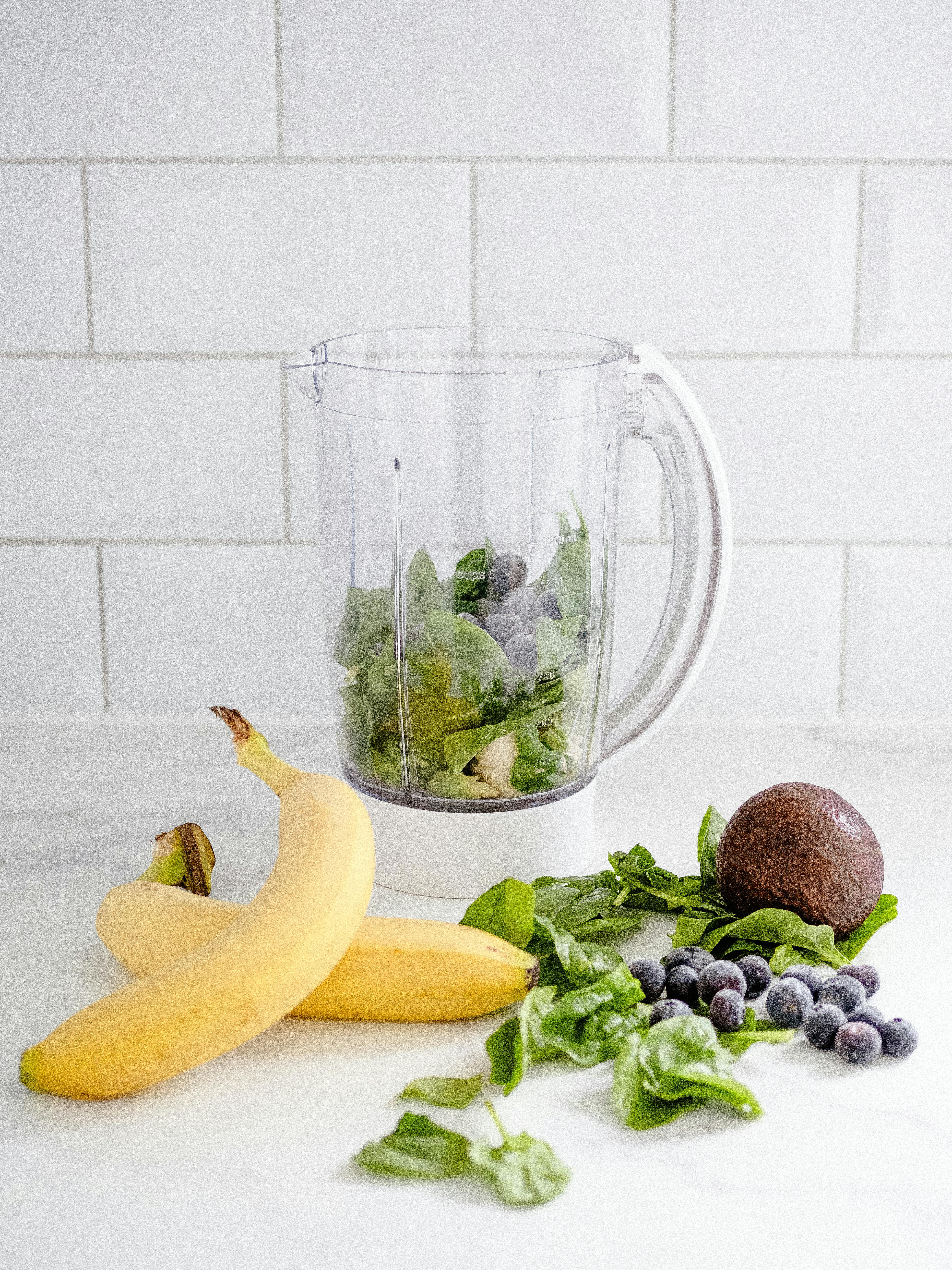Essential Guide to the 75 Hard Diet for 2025
The 75 Hard Diet has emerged as a transformative program aimed at building mental toughness and discipline, making it a popular choice for those looking to enhance their fitness journey. This program isn’t just a diet; it's a comprehensive lifestyle change that includes daily habits and a strict regimen designed to challenge both the body and mind. The focus is on resilience training, commitment, and self-improvement, making it an ideal choice for anyone ready to take on a more disciplined approach to health.
Throughout this article, we will delve deeper into the structure of the 75 Hard program, highlighting its phases, exercise routines, and nutritional guidelines. Additionally, you will discover the psychological benefits associated with the program and how it can lead to profound changes in body composition and overall health. The ultimate goal of this guide is to equip you with the knowledge you need to effectively engage in this fitness challenge and thrive in your journey toward optimal health in 2025.
Key takeaways will include daily checklist insights, practical nutrition tips, hydration strategies, and motivational techniques tailored to sustain your motivation and accountability. Let’s get started on this transformational journey!
Understanding the 75 Hard Program Phases
Building on the concept of daily challenges, the 75 Hard program consists of specific phases that each participant must adhere to.
Overview of the 75 Hard Stages
The 75 Hard program is structured into phases, with Phase 1 focusing on mental discipline and habit formation. This is followed by varying degrees of intensity in exercise and diet management in subsequent phases.
This step-by-step approach ensures that participants gradually develop the mental resilience and physical capability needed to sustain a healthier lifestyle long after the program ends.
Implementing a Daily Checklist
One of the key components of the 75 Hard Diet is the daily checklist that helps participants to maintain focus on their goals. This checklist includes tasks such as daily workouts, nutritional adherence, and hydration levels.
Successfully checking off tasks from this list reinforces a sense of accomplishment and progression towards fitness milestones. It's an effective way to track one’s journey and stay accountable.
Challenges and Accountability Partners
Having an accountability partner can significantly enhance your commitment to the 75 Hard program. This partnership allows participants to share their experiences, overcome challenges together, and celebrate victories.
Empowering these connections fosters a sense of community, motivating individuals to stay compliant with the rigorous demands of the diet.
Formulating Your Nutrition Plan for Success
With these foundational elements in place, transitioning to the nutrition aspect is crucial. Effective meal planning and dietary strategies are essential for maintaining energy levels and achieving desired weight loss goals.
Healthy Eating Strategies and Meal Prep
Meal preparation is central to success on the 75 Hard Diet. By pre-planning meals and portion control, participants can manage their caloric intake while ensuring they stick to healthy recipes and nutrient-dense foods.
This strategy not only simplifies the meal process but also aids in making better food choices, avoiding unhealthy snacking or impulsive eating. Learning to read nutrition labels can enhance your understanding of what constitutes balanced meals, leading to improvements in body weight management and overall health.
Daily Hydration Tips
Proper hydration is a critical component of the 75 Hard program. Ensuring adequate water intake not only aids physical health but also supports mental well-being. Aim for at least half your body weight in ounces of water daily, which aligns with the program's requirements.
Hydration helps in maintaining energy levels and can play a role in improving performance during your exercise routines.
Meal Timing and Frequency Adjustments
Understanding when to eat can be just as important as knowing what to eat. Implementing strategies for meal timing and frequency can optimize your body’s ability to utilize nutrients effectively.
Utilizing pre-workout meals with a balanced mix of proteins and carbohydrates can enhance performance, while post-workout nutrition can support recovery and muscle gain.
Designing an Effective Exercise Routine
Transitioning from nutrition to an effective exercise routine, fitness is at the core of the 75 Hard Diet, pushing individuals to engage in daily movement that challenges both endurance and strength.
Daily Movement Requirements
Each day necessitates at least two workouts, one of which must be outdoors. This not only intensifies the physical challenge but also has psychological benefits like boosting mood through outdoor activities.
Tracking workouts with an app can enhance motivation and provide insights into performance metrics, helping to identify areas for improvement over time.
Incorporating Strength and Endurance Training
Mixing strength training with endurance workouts can create a balanced fitness regimen. Bodyweight exercises, weightlifting, and interval training serve to enhance muscle growth and cardiovascular health.
For optimal results, varying your workout intensity can prevent plateaus and keep motivation high. Consider incorporating flexibility training to help enhance recovery and performance.
Commitment to Daily Challenges
Engaging in daily challenges promotes not only physical health but also psychological resiliency. Overcoming small daily obstacles fosters a stronger mindset and equips individuals to tackle larger challenges in their fitness journey.
This commitment to daily challenges can significantly contribute to body transformation, enhancing a participant's body composition and overall physical fitness.
Tracking Progress and Adjusting for Success
With nutrition and fitness strategies established, it’s crucial to monitor progress closely. Effectively tracking progress can be the key to maintaining motivation and accountability throughout the 75 Hard program.
Using Fitness Tracking Apps
Many individuals find success by utilizing fitness tracking apps to log workouts, meals, and hydration levels. These tools enable participants to visualize their improvement over time, providing motivation to reach fitness milestones.
Additionally, regular assessments of physical health can identify trends in calorie deficit management or muscle gain, and help to make necessary adjustments to enhance results.
Weekly Reviews and Goal Assessments
Conducting weekly reviews allows participants to assess their goals, address any barriers they've encountered, and refine their strategies moving forward. These assessments can lead to adaptive training programs that keep the participant engaged in their fitness journey.
Setting smaller, incremental goals can drive continued success and support the overall objective of the transformative experience.
Maintaining Diet Consistency Amid Challenges
Sticking to the diet amid social engagements or stressful moments can be challenging. Embracing the psychological aspect of diet adherence and employing strategies to manage emotional eating is essential for long-term success.
Learning to manage stress and maintain self-discipline during tough moments will help solidify the mindset shift necessary for lasting lifestyle changes.
Transformational Mindset Shifts
Lastly, as the journey culminates in personal growth, embracing a transformational mindset is essential for sustainable success beyond the 75 Hard Diet.
Healthy Routines and Behavioral Change
Developing healthy routines can create a firm foundation for ongoing health optimization. Focus on building daily habits that align with your nutritional and fitness goals to solidify the changes as a part of your lifestyle.
Behavior modification techniques such as cognitive-behavioral strategies can assist in sustaining motivation and successfully navigating dietary or fitness hurdles.
Building a Supportive Fitness Community
Engaging with a fitness community fosters a sense of belonging and motivation. Sharing experiences, challenges, and successes with like-minded individuals can reinforce your commitment to the program and offer insight into overcoming obstacles.
Consider joining online forums or local workout groups to connect with others on a similar fitness journey.
Success Stories and Continuous Motivation
Reading success stories can be immensely motivating. They serve as real-life testimonials of what is achievable through discipline, commitment, and effort.
Incorporating motivational quotes into your routine can also serve as daily reminders of your goals and the power of persistence. Maintaining a diary for daily reflections can solidify personal insights and emotional connections to your journey.
Q&A Section
What is the 75 Hard Diet?
The 75 Hard Diet is a mental toughness program designed to instill discipline and healthy habits through a series of daily tasks consisting of strict dieting, exercise, hydration, and personal reflection.
How can I stay motivated during the program?
To remain motivated, set clear, achievable goals, utilize an accountability partner, and regularly track your progress. Motivation techniques such as positive affirmations or reading success stories can also help.
Are there any risks associated with the 75 Hard Diet?
While the program can be highly beneficial, it's important to ensure you're not overtraining and that dietary choices are aligned with your individual health needs. Consulting with a healthcare professional before starting is advisable, especially if you have pre-existing health conditions.
How important is meal prep in the 75 Hard program?
Meal prep is crucial for sticking to the dietary aspects of the program. It saves time, helps in portion control, and promotes better food choices, ultimately supporting weight loss and body composition goals.
What are practical tips for managing hydration?
Carry a water bottle to track intake, set reminders to drink throughout the day, and incorporate hydrating foods into your diet such as fruits and vegetables to ensure adequate hydration levels.
 example.com/image2.png
example.com/image2.png
 example.com/image3.png
```
example.com/image3.png
``` 